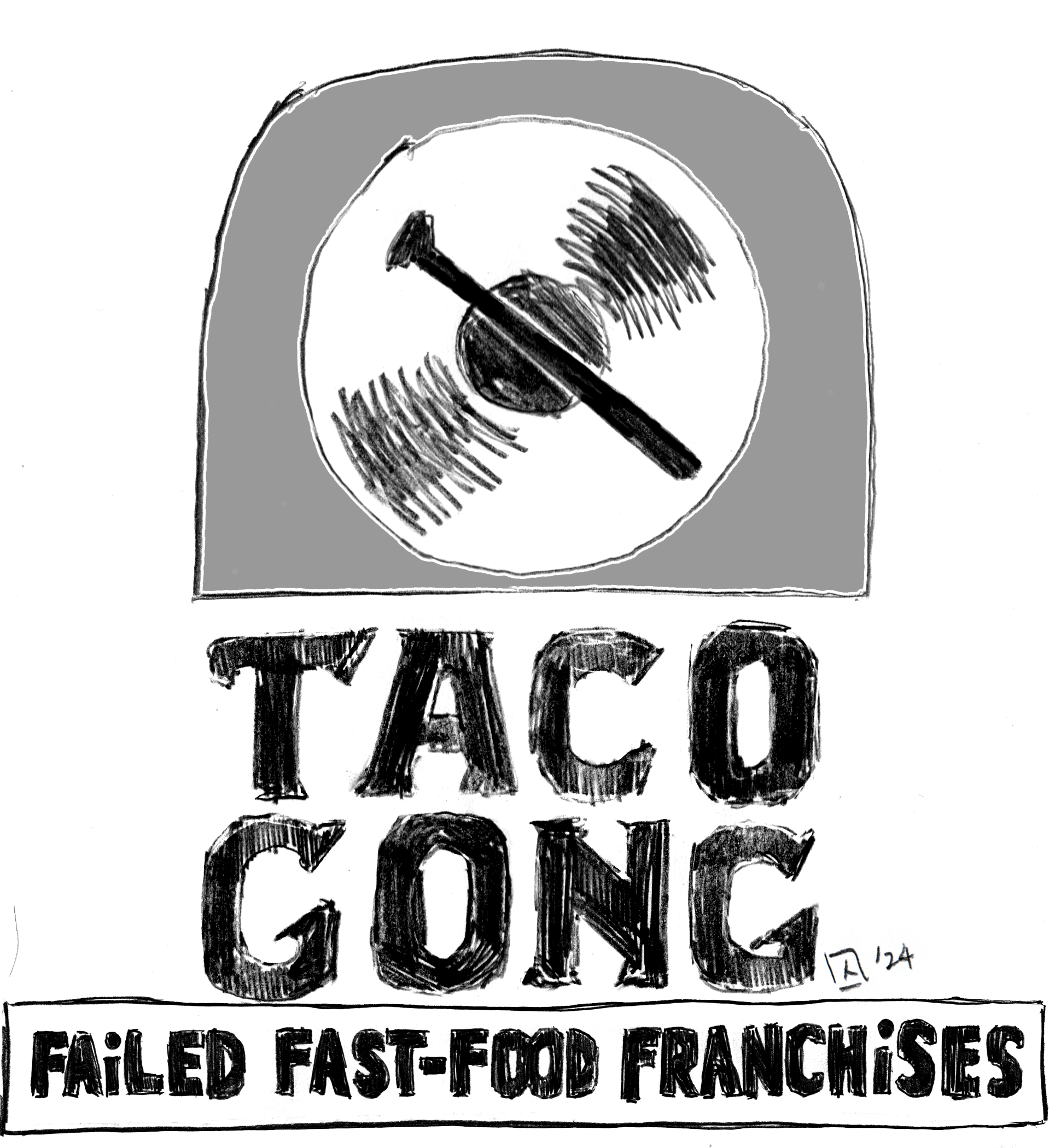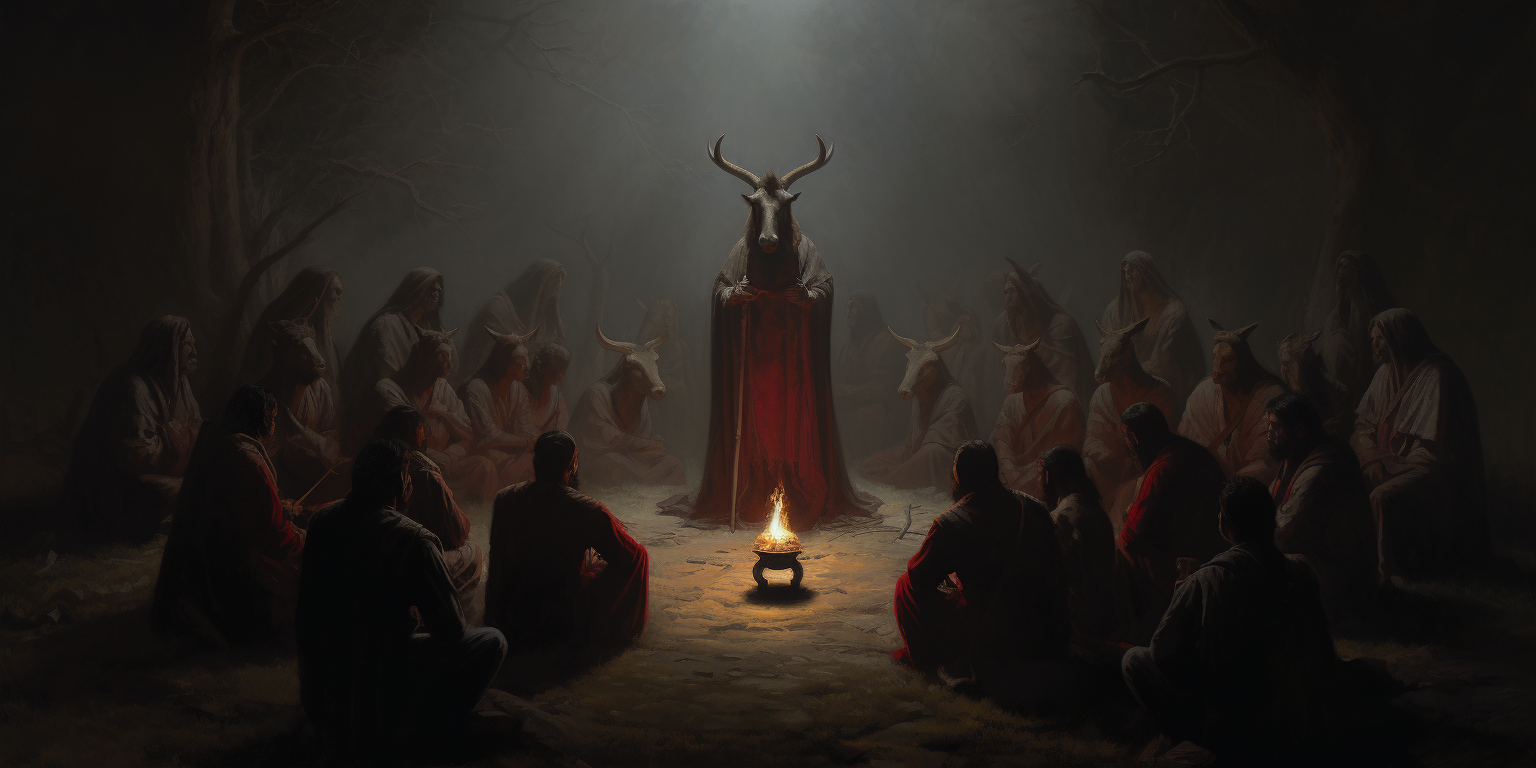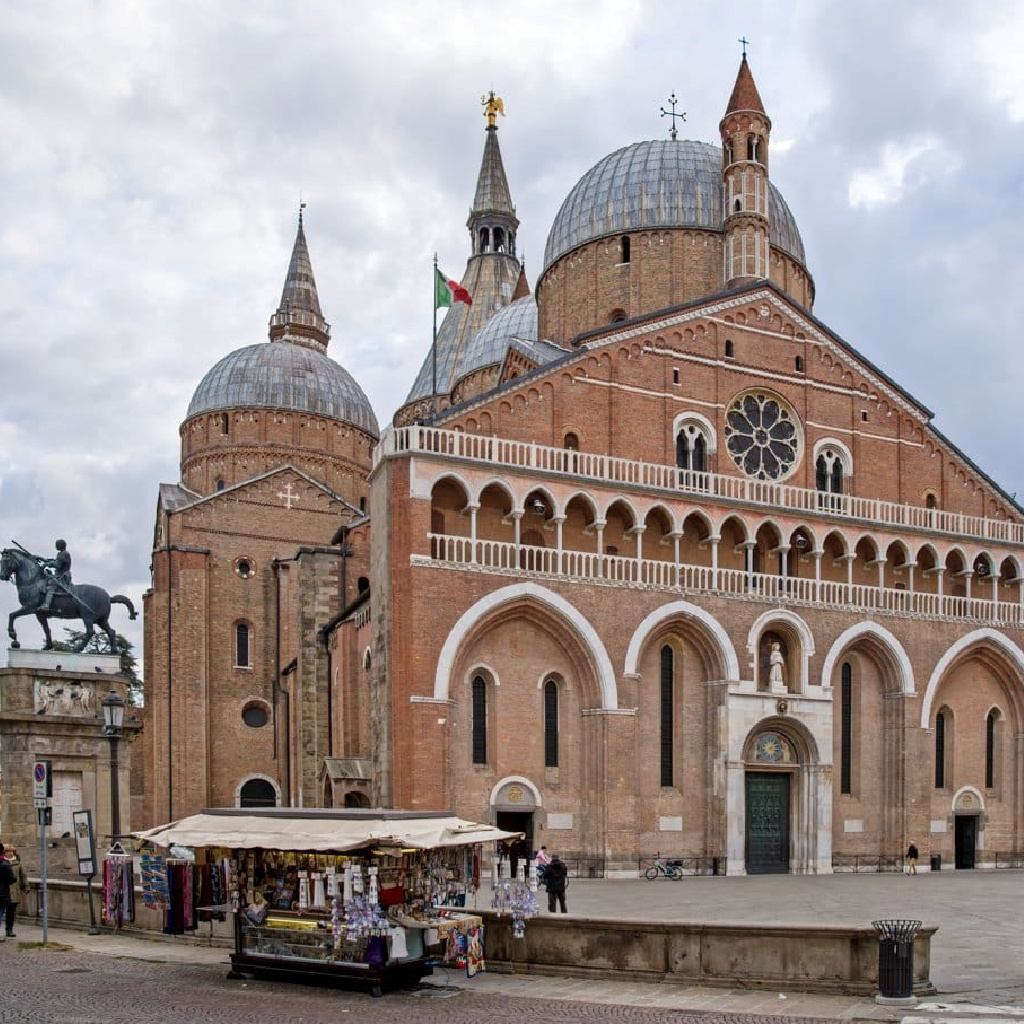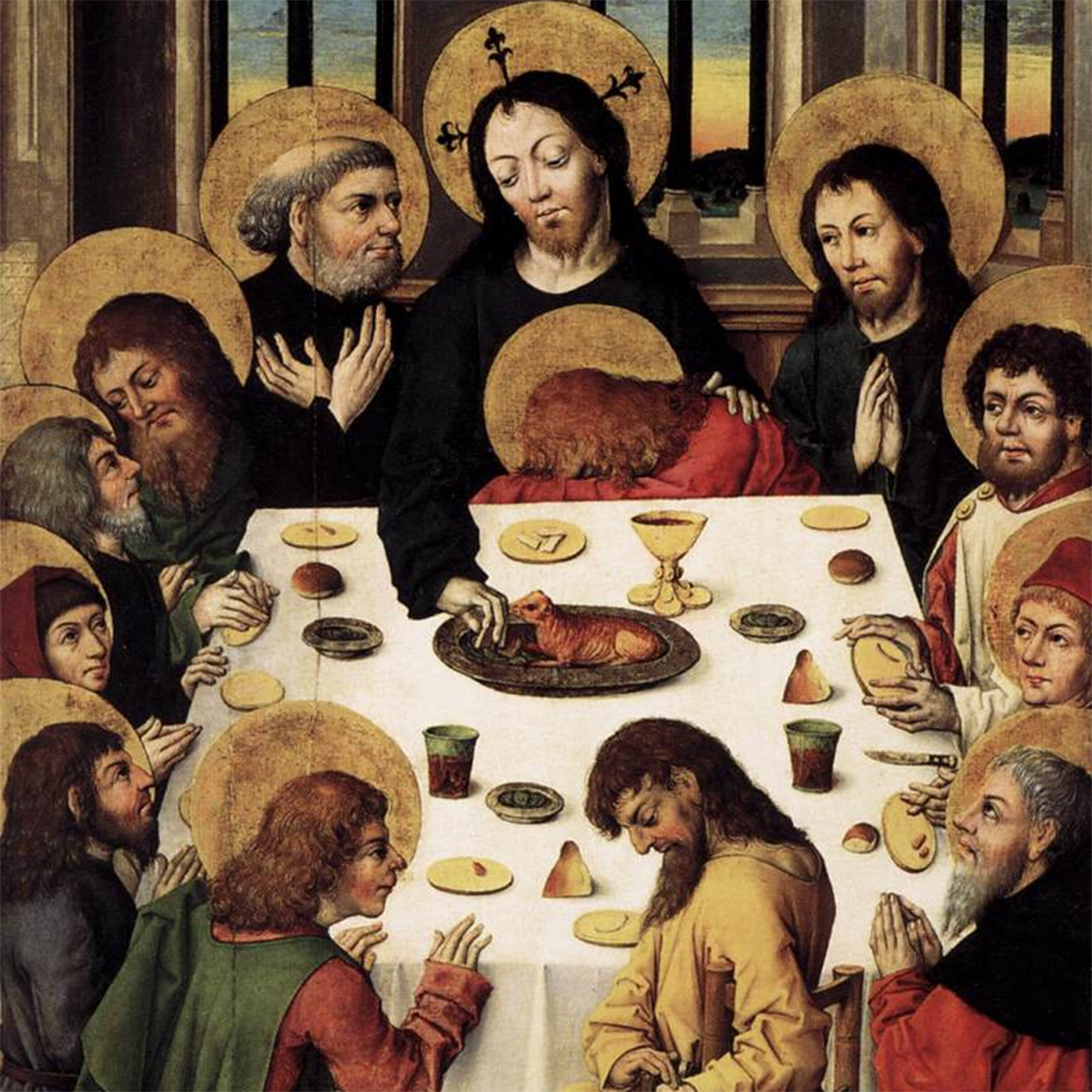For the first time in my life, I’ve recently started to train myself to run. Having never really run before, I currently divide my 30-minute cardio exercise into intervals of 4-minute walks and 2-minute runs. As challenging as it is, if a trainer were to tell me to course correct in some way, it wouldn’t be difficult because only one-third of my time is spent actually running (and even then it’s more like a sad jog). However, if I were more advanced in my training, perhaps running the entire 30 minutes and at a faster pace, a course correction would be jarring. I would experience something akin to whiplash having to change direction when I am so confidently and ably headed on my chosen path.
Similarly, many faithful members of The Church of Jesus Christ of Latter-day Saints experienced a sort of whiplash after Elder Holland requested a course correction from BYU’s faculty and staff last Monday. For those whose advocacy of the LGBT+ community is at its early stages, it may have been easier to hear and accept his counsel. But for members of the LGBT+ community and those who are vigorous and passionate allies, it was jarring and painful—so much so that misinterpretations of his intent and request abound in opinion pieces found in the popular and social media. Perhaps BYU’s uniqueness means that, for instance, LGBT+ advocacy on campus should persist but that it should be fundamentally different than it is elsewhere because it is bathed in the light of the Gospel.
Speaking to BYU personnel, Elder Holland’s overall message was to remember the unique nature of the University, live accordingly, and nurture it. Unlike other institutions, whose purpose is to search out and teach disciplinary truths, BYU’s purpose is to do so bathed in the light of the Gospel. Affirming that all truth comes from God, BYU leaders have always encouraged a seamless integration of Gospel and Church doctrine with disciplinary discovery. In his address, Elder Holland highlighted that “our integrity demands that our lives ‘be absolutely consistent with and characteristic of the restored gospel of Jesus Christ’” and emphasized the need to “stay in harmony with the Lord’s anointed.” Acknowledging that there will always be debate at the university, Elder Holland’s purpose was to course correct any behaviors that were inconsistent with these two tenets.
It is true that Elder Holland referred to Elder Oaks’ previous analogy of musket fire in defending the doctrines of marriage and sexual behavior. However, his remarks on how LGBT+ issues are handled, comprising only 5 of 30+ paragraphs, were simply illustrative of a broader issue, namely that BYU personnel sometimes unintentionally and perhaps even intentionally aim musket fire at the Church and doctrine. And doing so threatens BYU’s unique nature and mission by leaving many students confused and conflicted, with their faith challenged, yet not strengthened. Instead, on LGBT+ and other issues, Elder Holland encouraged us to take a course of action that will help fulfill Isaiah’s prophecy to “beat [our] swords into plowshares, and [our] spears into pruninghooks” (Isaiah 2:4).
This course correction Elder Holland initiated is more difficult for some than others. Those running full force in certain directions are experiencing whiplash and angst about what this means. Some feel untrusted, that their efforts are unvalued, and worry about those in the LGBT+ community who feel rejected. And because his emphasis was on what is or is not to be done, and not on how to do it, many are left frustrated by a seemingly ambiguous call. Yet, Elder Holland’s counsel to search President Kimball’s 1975 address for references to BYU’s unique nature along with his own words highlight that BYU’s mission—to assist individuals in their quest for perfection and eternal life—specifically calls for BYU personnel’s collective efforts to strengthen students and promote healing in unique ways.
Perhaps BYU’s uniqueness means that, for instance, LGBT+ advocacy on campus should persist but that it should be fundamentally different than it is elsewhere because it is bathed in the light of the Gospel. He said “there are better ways to move toward crucially important goals in these very difficult matters—ways that show empathy and understanding for everyone while maintaining loyalty to prophetic leadership and devotion to revealed doctrine.” Whereas efforts on other campuses or around the world are evidenced by “flag-waving” and “parade-holding,” efforts at BYU should be grounded in and reflect the combined truths that “Surely the Lord God will do nothing, but he revealeth his secret unto his servants the prophets” (Amos 3:7) and “All human beings—male and female—are created in the image of God. Each is a beloved spirit son or daughter of heavenly parents, and as such, each has a divine nature and destiny” (The Family Proclamation). Speaking to BYU personnel, Elder Holland’s overall message was to remember the unique nature of the University, live accordingly, and nurture it.

















